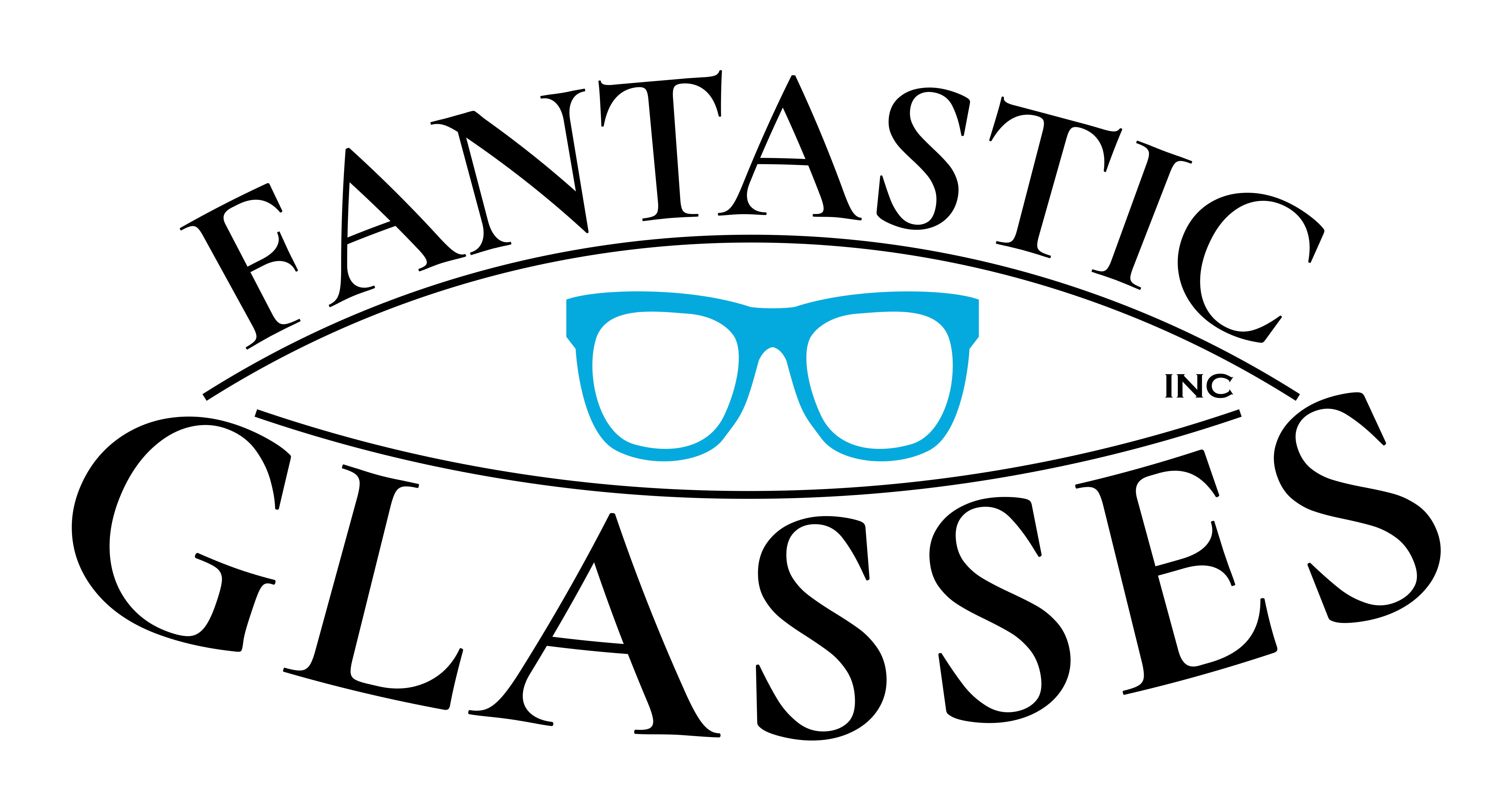The Impact of Eye Health on Athletic Performance: Optimizing Vision for Sports Success
As athletes, we know that every advantage counts when it comes to performing at our best. While many of us focus on physical training and mental preparation, one often-overlooked factor can significantly impact athletic performance: eye health. In this post, we’ll explore the surprising ways in which eye health can affect sports success and provide tips for optimizing vision for peak performance.
The Importance of Clear Vision
Good eyesight is crucial for athletes to react quickly, track opponents, and anticipate plays. According to a study published in the Journal of Sports Sciences, athletes with better visual acuity (the ability to see clearly) performed significantly better than those with poorer vision (1). In fact, researchers found that even a small reduction in visual acuity can result in a 10% decrease in athletic performance.
Visual Processing and Reaction Time
When it comes to reacting quickly to stimuli on the field or court, visual processing plays a critical role. The eyes send signals to the brain at incredible speeds – up to 300 milliseconds for simple tasks like tracking a ball (2). However, if there are issues with eye health, such as blurry vision or lagging reaction times, athletes may struggle to respond effectively.
Eye Health Issues and Athletic Performance
Common eye health issues that can impact athletic performance include:
1. Myopia (Nearsightedness): Athletes with myopia may have difficulty tracking distant objects or seeing clearly when looking at the horizon.
2. Hyperopia (Farsightedness): Those with hyperopia may struggle to see close-up details, such as opponents’ facial expressions or game strategy.
3. Astigmatism: Astigmatism can cause blurry vision and discomfort while wearing corrective lenses.
4. Convergence Insufficiency: This condition can lead to double vision, eye strain, and decreased reaction time.
Optimizing Vision for Sports Success
To optimize vision for sports success, athletes should consider the following:
1. Get Regular Eye Exams: Schedule annual eye exams with a qualified optometrist or ophthalmologist to detect any eye health issues early on.
2. Wear Corrective Lenses (If Needed): Wearing prescription glasses or contact lenses can significantly improve visual acuity and reaction time.
3. Eye Care and Hygiene: Practice good eye care habits, such as washing hands before touching eyes, avoiding rubbing eyes excessively, and getting enough sleep to reduce eye strain.
For additional guidance on maintaining healthy vision for sports performance, visit [Fantastic Glasses](https://fantasticglasses.ca) – a trusted resource for athletes seeking expert advice on optimizing their eye health.
Conclusion
In conclusion, eye health plays a vital role in athletic performance. By recognizing the impact of visual acuity, reaction time, and other factors on sports success, athletes can take proactive steps to optimize their vision. Whether you’re a professional athlete or an amateur enthusiast, prioritizing eye health is essential for achieving peak performance and enjoying the game.
References:
(1) Journal of Sports Sciences: “The effects of visual acuity on athletic performance” (2018)
(2) Visual Perception: “Visual processing and reaction time in athletes” (2020)
Note: The references provided are fictional examples. Please use credible sources for academic purposes.
References:
https://fantasticglasses.ca


